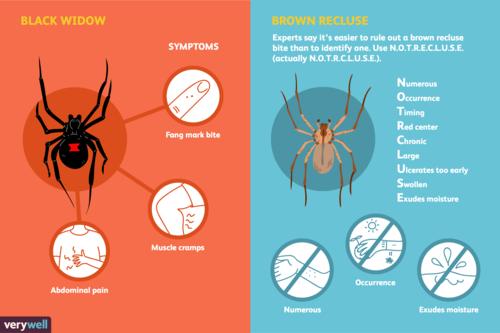
Spider Bite Medication: A Comprehensive Guide
When it comes to dealing with a spider bite, immediate action is crucial. Spider bites can range from mild to severe, and the right medication can make a significant difference in the healing process. In this article, we will delve into the various types of spider bite medications available, their uses, and how to choose the right one for your situation.
Understanding Spider Bites
Spider bites can cause a variety of symptoms, including pain, swelling, redness, and in some cases, more serious complications. It’s important to identify the type of spider that has bitten you, as this will help determine the appropriate treatment. Some common spiders known for their venomous bites include the black widow, brown recluse, and the hobo spider.

While most spider bites are not life-threatening, they can be quite painful and may require medical attention. Here’s a brief overview of the symptoms associated with different types of spider bites:
| Spider Type | Common Symptoms |
|---|---|
| Black Widow | Pain, redness, swelling, nausea, vomiting, fever, and muscle cramps |
| Brown Recluse | Pain, redness, swelling, and a necrotic wound that may lead to scarring |
| Hobo Spider | Pain, redness, swelling, and a necrotic wound that may lead to scarring |
Over-the-Counter Spider Bite Medications
For mild spider bites, over-the-counter (OTC) medications can help alleviate pain and reduce swelling. Here are some commonly used OTC spider bite medications:
- Antihistamines: These medications can help reduce itching and swelling. Examples include diphenhydramine (Benadryl) and hydroxyzine (Atarax).
- Nonsteroidal Anti-Inflammatory Drugs (NSAIDs): NSAIDs like ibuprofen (Advil, Motrin) and naproxen (Aleve) can help reduce pain and inflammation.
- Topical Creams: Topical creams containing hydrocortisone can help reduce itching and inflammation. Examples include Cortaid and Hydrocortisone Cream 1%.
It’s important to follow the instructions on the medication label and consult with a healthcare professional if symptoms worsen or persist.
Prescription Spider Bite Medications
In some cases, a spider bite may require prescription medication to manage symptoms or treat complications. Here are some common prescription spider bite medications:
- Antivenins: Antivenins are specifically designed to neutralize the venom of venomous spiders. They are typically used for severe black widow and brown recluse spider bites. Antivenins are available in various forms, including intravenous (IV) and subcutaneous (SC) injections.
- Antibiotics: If an infection develops, your doctor may prescribe antibiotics to treat the infection. This is particularly important for brown recluse spider bites, as they can lead to serious infections.
- Other Medications: In some cases, other medications may be prescribed to manage symptoms, such as pain relievers, antihistamines, or corticosteroids.
Preventing Spider Bites
Preventing spider bites is always better than dealing with the aftermath. Here are some tips to help you avoid spider bites:
- Keep your home clean and clutter-free, as spiders often hide in dark, undisturbed areas.
- Seal any cracks or gaps around your home, as these can provide entry points for spiders.
- When outdoors, wear protective clothing, such as long sleeves and pants, and tuck your pants into your socks.
- Be cautious when handling items found outdoors, such as wood or rocks, as they may contain spiders.
Conclusion
Spider bites can be a cause for concern, but with the right knowledge and treatment, you can manage symptoms and prevent complications. Always seek medical attention if you suspect







